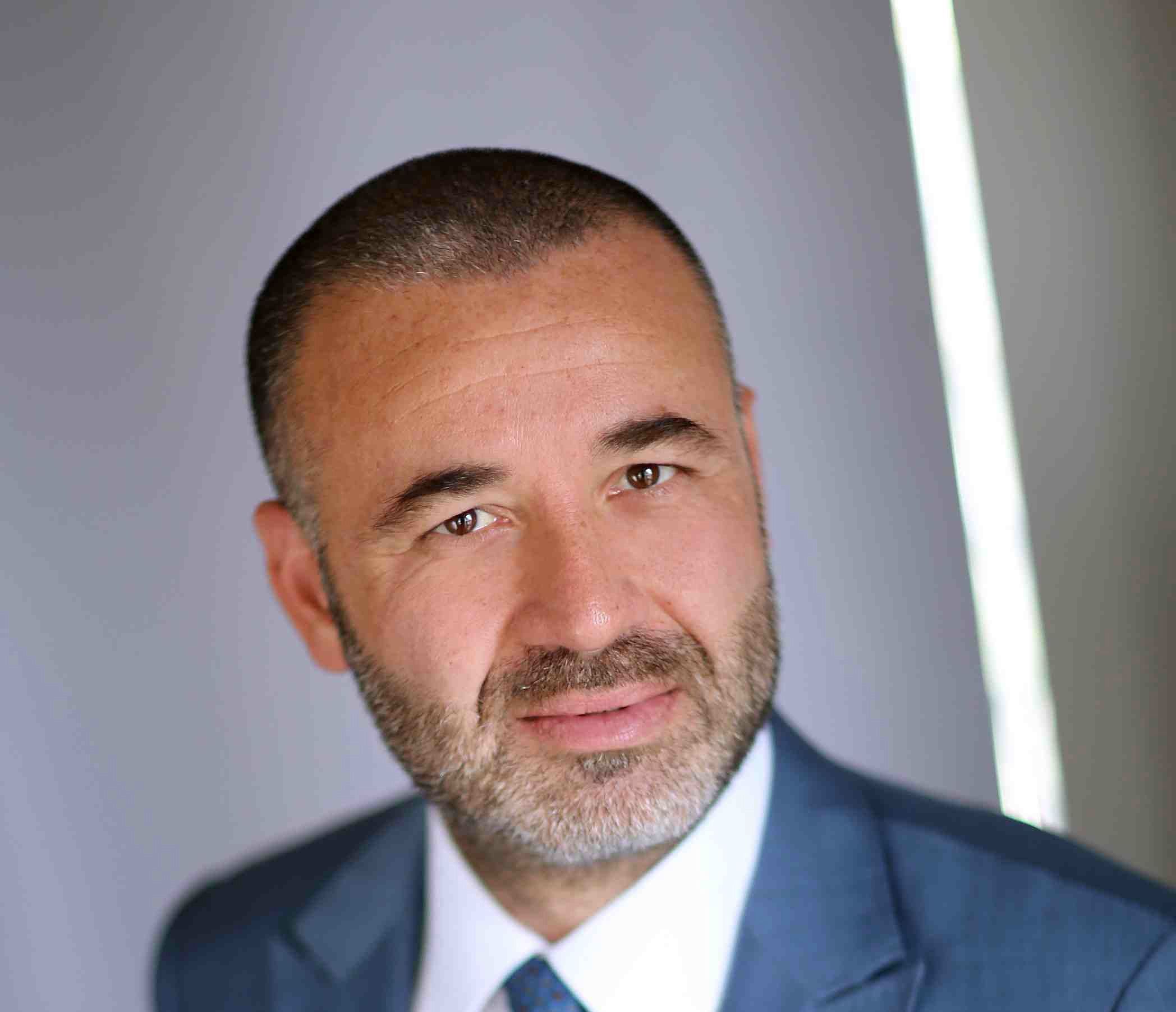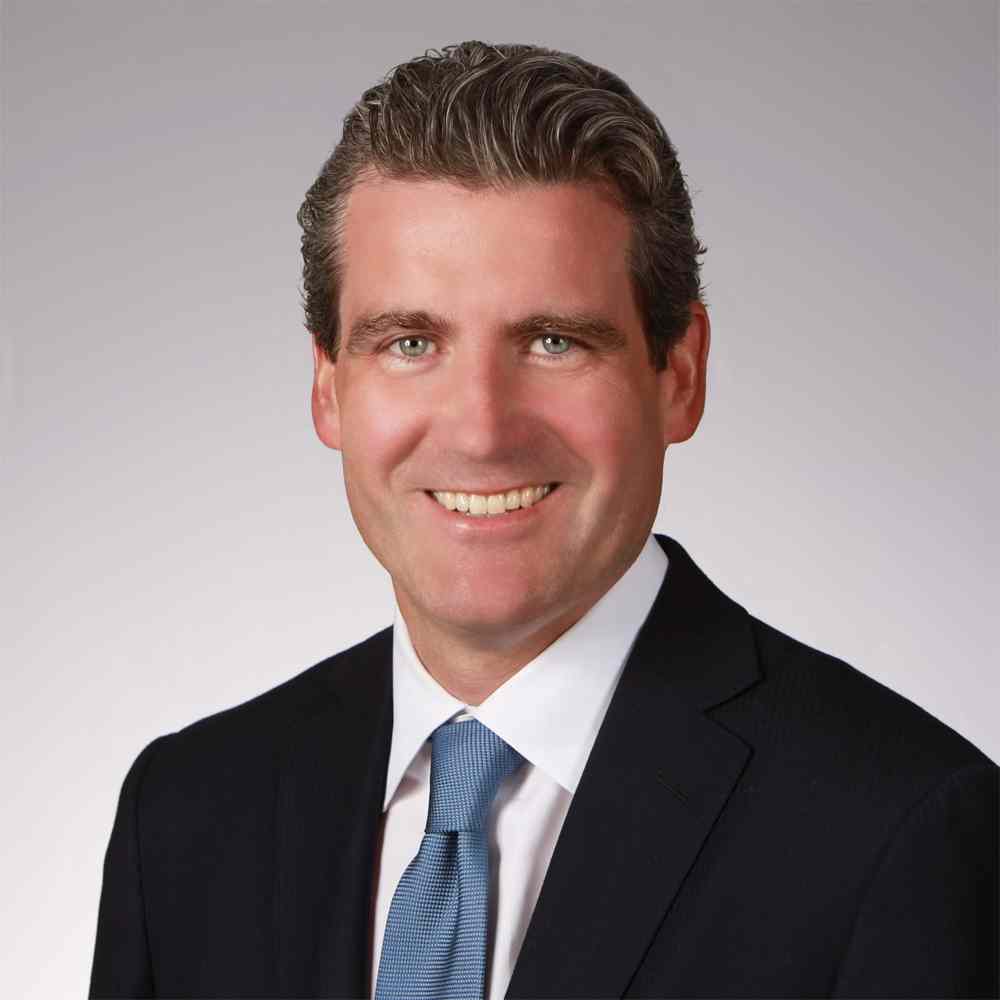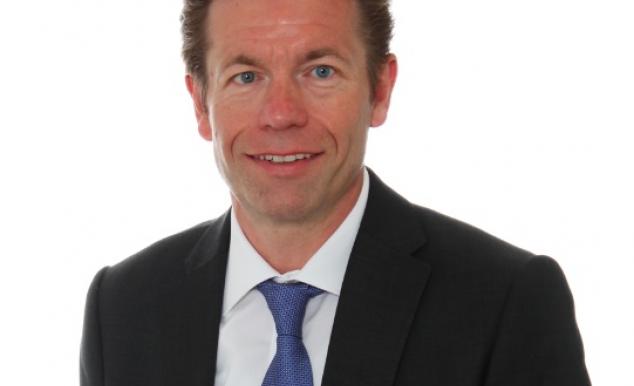Generali Investments Europe Opens the Absolute Return Credit Strategies Fund to New Investments
| By Alicia Miguel | 0 Comentarios

Generali Investments Europe SpA SGR – the main asset management company of the Generali Group with €355 billion of AuM – has recently opened for new investments the Generali Investments SICAV Absolute Return Credit Strategies fund. The fund is now available to investors looking for solutions and instruments to reach their investment return targets in a low interest rate scenario without running high volatility risks typical of an equity exposure.
By profiting from Generali Investments Europe’s extensive expertise in fixed income and absolute return strategies, the AR Credit Strategies fund uses all yield sources offered by the fixed income and credit markets in order to seek to achieve above-average performance. The fund targets a 4% yearly return.
Andrea Favaloro, Head of Sales & Marketing at Generali Investments Europe, commented: “The re-launch of the AR Credit Strategies fund is another fundamental pillar of our strategy aimed at international third-party clients. AR Credit Strategies will provide them with a unique tool to fight the zero interest rate environment through high-potential fixed income investments while at the same time keeping risk and volatility to a minimum. Our investment choices are supported by a large and experienced in-house team with an outstanding proven track record.”
The AR Credit Strategies fund, whose core investment universe is composed of Investment Grade, High Yield, Emerging Markets and Convertible Bunds notes, is managed by a portfolio management team headed by Filippo Casagrande, Head of Investments at Generali Investments Europe. Casagrande has over 20 years of asset management experience and has been at Generali Investments Europe since 2009. He graduated in Economics from Bocconi University, Milan. Fabrizio Viola, 12 years of experience, will be deputy Portfolio Manager.
The portfolio management is supported by 12 macroeconomic analysts with 16 years of average experience who provide market outlooks and views. Furthermore, there are 12 credit analysts with 11 years of average experience who provide in-depth analysis on the corporate bond market. All activities are controlled by the risk management team, which is actively involved in the process, to ensure all risk guidelines – including a VaR capped at 6% – are met.
Since May 2014, Generali Investments SICAV Absolute Return Credit Strategies has more than doubled its fund volume to more than €520 million.

